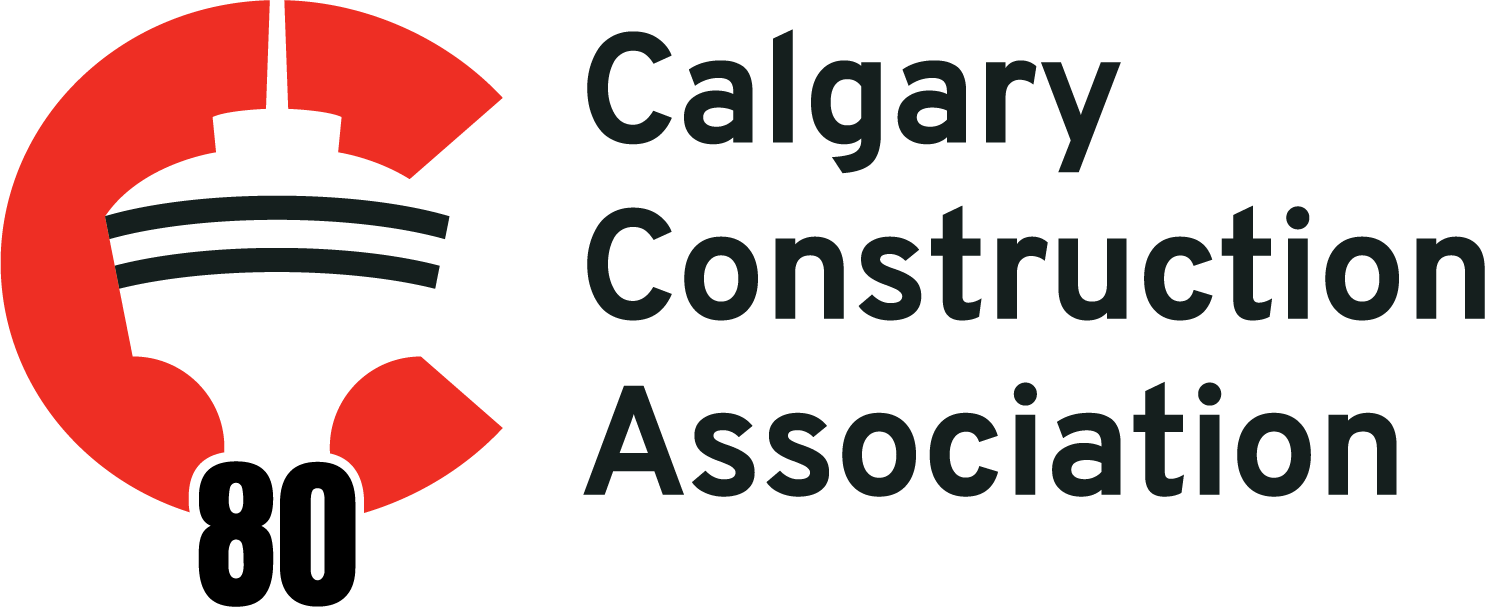Buddy Up uses friendship to help prevent men from suffering in silence
:format(jpeg)/cloudfront-us-east-1.images.arcpublishing.com/tgam/IW65Y5IQ3BEK7H42WMGK74YPDI.JPG)
Mike Principalli, who started BuddyUp, a male suicide prevention program that asks men to start conversations with their friends about their mental health, in Calgary on June 17.TODD KOROL/THE GLOBE AND MAIL
Mike Principalli first learned about Buddy Up, a male suicide prevention program, during a Calgary Construction Association webinar early in the pandemic. As a safety manager, Mr. Principalli was keen to champion the program at his Calgary company.
“It’s a broad stroke, but I think it’s pretty true for the construction industry that men are supposed to be stoic and not show or share their feelings, so it’s important that we do check in with our buddies,” he said.
Launched in 2020, the annual campaign that runs every June encourages conversations about mental health among men, who die by suicide at three times the rate of women, according to the Calgary-based Centre for Suicide Prevention, which created the program. Buddy Up is specifically tailored to men because, as focus groups organized by the non-profit found, while men too often suffer in silence, they do want to help friends who may be in need.
“We wanted to create a campaign that actually resonates and works with guys,” said Akash Asif, director of external relations for the Centre for Suicide Prevention. “Although guys typically feel very uncomfortable asking for help when they are struggling themselves, they are very willing to help their buddies.”
The program, which has grown to have more than 600 individuals and organizations participating across Canada this month, includes a four-step guide for men to help their friends and co-workers, Mr. Asif said. This includes paying attention to the people around you and noticing changes in their behaviour; starting a conversation by asking how they are doing; keeping that conversation going; and, importantly, knowing your role.
“We’re not counsellors. Encourage them to reach out to others,” Mr. Asif said.
The campaign also provides participants with posters, stickers and air fresheners for vehicles in the hope they will spark conversations.
The majority of the more than 100 trucks at Mr. Principalli’s company have the Buddy Up air fresheners in them.
“It’s just a safe place for our guys to talk about things,” he said. “Luckily we’ve had some situations where people have approached asking for more information about our employee assistance program and getting to the right resources. And having our supervisors be available to talk about these things has been a huge victory for us.”
Mike Mee, a manager at a Calgary-based energy company and a member of its safety committee, introduced the program at work as soon as he heard about it. The company’s safety committee was created after an employee died by suicide in 2015.
“As men we’re not exactly the best about talking about our feelings,” Mr. Mee said. “But that innate desire that most men have to help, it taps into that.”
The program has been a huge success at work, he said.
“It definitely got people talking,” he said. “There’s been at least three people who have gone, ‘Hey can I talk to you for a second?’ ” All three of them had suicide ideation, and Mr. Mee was able to direct them to several resources, including the company’s employee assistance program and the Canadian Mental Health Association.
Checking in with friends is especially important during the pandemic, when so many people are dealing with mental-health challenges, even though they might not show it, Mr. Asif said.
“Not everyone who is struggling is going to look physically distressed,” he said.
A survey conducted by the Canadian Mental Health Association in partnership with researchers at the University of British Columbia and released in March found that 8 per cent of respondents have experienced suicidal thoughts or feelings during the pandemic.
Allison Dunning, a peer support expert at the CMHA, praised the approach of Buddy Up.
“We know that people tend to go to their peers when they’re struggling,” she said. “There’s no question that males tend potentially to be less eager to open up about these types of things, so anything that normalizes that type of conversation and encourages guys to speak to guys and that openness and invitation to say, ‘Hey I hear you. I’m listening. I’m here for you,’ I think is a good thing.”




